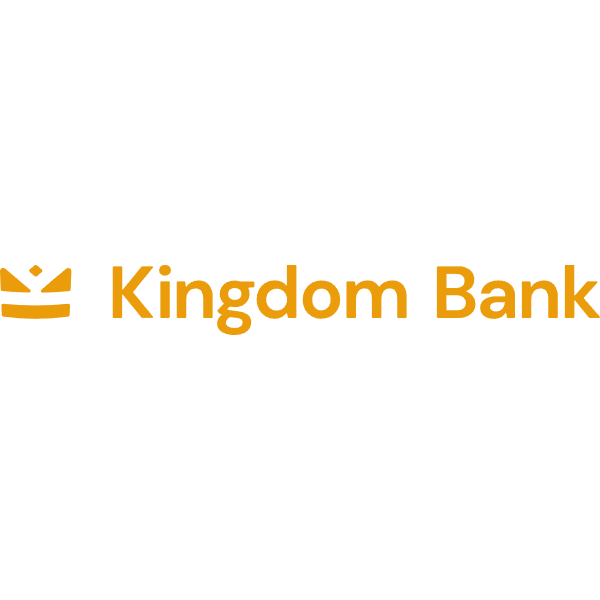basic bank information
Banque des États de l'Afrique Centrale (BEAC, Central African National Bank) is a central bank It is jointly owned and managed by the six member states of the Central African Economic and Monetary Community (CEMAC), namely Cameroon, the Central African Republic, Chad, Equatorial Guinea, Gabon and the Republic of Congo. BEAC was founded in 1972 and is headquartered in Yaoundé, Cameroon. As a central bank, BEAC's main responsibilities are to formulate and implement monetary policy, issue currency, manage foreign exchange reserves, and maintain the stability of the financial systems of member countries. It is not aimed at making a profit, but is committed to serving the economic and financial needs of its member countries, reflecting the spirit of cooperation in the monetary and economic spheres of the Central African region.
name and background<
ul style="list-style-type: disc" type="disc">full name of the bank: Banque des États de l'Afrique Centrale
founded: 1972
headquarters location: <
style="font-family: sans-serif; color: black"> in Yaoundé, Cameroon Shareholder Background: BEAC is jointly owned by the six member countries of CEMAC, as a multinational central bank, its core mission is to manage the CFA franc, the common currency of the member countries, and to promote regional economic integration and development through monetary policy and financial regulation. The establishment of BEAC is an important milestone in the pursuit of financial autonomy and regional cooperation by Central African countries. Since 1972, it has been the heart of the Central African region's financial system, with the responsibility of maintaining monetary stability and promoting economic development.
scope of services
> coverage: BEAC's services cover the six member countries of the Central African Economic and Monetary Community (CEMAC): Cameroon, Central African Republic, Chad, Equatorial Guinea, Gabon and the Republic of Congo.
services and products
Financial supervision: Supervise banks, financial institutions, currency exchange offices and social security funds in member countries to ensure compliance and stability of the financial system.
Currency issuance: Responsible for the issuance and management of the CFA franc, the common currency of CEMAC member countries.
Government Bank: Acts as a banking and fiscal agent for the governments of member countries, dealing with government account management and financial matters.
payment system: Manages the payment and settlement system within the region to facilitate transactions and the flow of funds between member countries.
Financial inclusion: Policies that promote access to financial services and increase financial access for rural and low-income groups.
Monetary policy: Formulates and implements monetary policy to maintain price stability and support economic growth by regulating the money supply and interest rates.
these services are aimed at the entire financial system and the economies of member states, rather than individual or corporate customers at the micro level. Through its policy and regulatory role, BEAC indirectly influences every individual and organization that uses CFA francs.
regulatory and compliance<
ul style="list-style-type: disc" type="disc">BEAC is the highest regulator of the financial system in the Central African region, responsible for the supervision and management of all banks, financial institutions and related entities in member countries. It is not itself directly regulated by other institutions, but exists as a formulator and executor of regional financial policies.
BEAC protects depositors by ensuring that commercial banks in member countries participate in deposit insurance schemes through regulation. Deposit insurance in the CEMAC region is administered by the relevant authorities in each member state, and BEAC oversees its effective implementation.
BEAC's authority and professionalism in the field of regulation, making it the "guardian" of the financial market in the Central African region, ensuring market order and economic security.
security measures
BEAC, as a central bank, takes high standards of security measures to protect the financial system and member economies, including:
Cybersecurity: Protect against hacking and data breaches, and protect the core information of the financial system.
>Data encryption: Ensure secure transmission of policy documents and regulatory data.
despite the technical details not disclosed, its security measures are undoubtedly in line with international standards to combat increasingly sophisticated cyber threats and safeguard financial stability.
featured services and differentiation
BEAC is unique in its role and responsibilities as a central bank, the following are its featured services:
Financial Inclusion Policy: BEAC is committed to promoting financial inclusion through policies and programs that improve financial access for rural and low-income groups and support financial inclusion in the region.
Monetary policy execution: Flexibility to manage inflation and economic growth through tools such as interest rate adjustments and open market operations to ensure the stability of the CFA franc.
Financial regulatory innovation: Continuously update the regulatory framework to adapt to changes in the financial market, such as strengthening the supervision of digital financial services and promoting the healthy development of financial technology.
BEAC's differentiating advantage over other banks lies in its macro-management function and its far-reaching impact on the financial system in the Central African region. It is not only the issuer of money, but also the promoter of financial stability and economic development.
summary
Banque des États de l'Afrique Centrale (BEAC) is the central bank of the Central African Economic and Monetary Community (CEMAC), founded in 1972 and headquartered in Yaoundé, Cameroon. As the common central bank of member countries, BEAC is responsible for monetary policy formulation, financial regulation, currency issuance, and financial inclusion promotion. The service covers the six member states of CEMAC, which carry out its duties through the National Directorate and its branches. Although it does not directly provide financial services to individuals or businesses, it profoundly affects the entire financial ecosystem through policy and regulation. With its authority, professionalism and contribution to financial stability, BEAC is a solid pillar of economic development in the Central African region.










